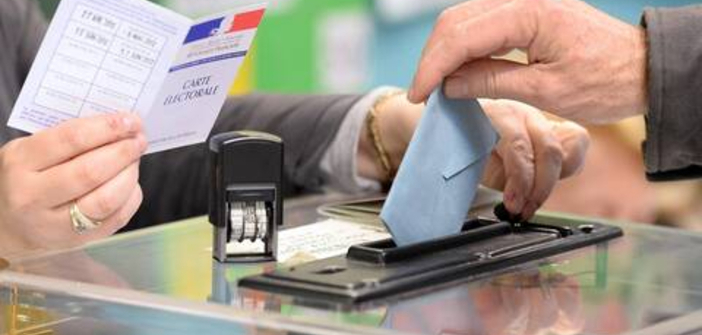The government having confirmed the holding of the first round of municipal elections, the people of Nice will go to the polling stations today from 8 a.m. to 8 p.m. to express their choice among the candidates for the mayor of the azure capital.
The incumbent mayor, Christian Estrosi, who heads a coalition list, is running for re-election. According to opinion polls, he has an overall positive track record from his first two terms and presents a project with a wide range of proposals, the most significant of which is overhauling the current situation of the Acropolis palace and the TNN with innovative solutions that have caused outcries of disappointment, and even scandal among other candidates.
Among the latter, the only measure of significance proposed is that concerning the free use of public transport.
For the rest, apart from riding the wave of a “chlorophyll city”—an obligation that has turned into a trend—each candidate has offered dozens of assorted proposals which, if applied, could turn Nice into a modern Babylon.
Fortunately, only one winner will emerge, which will automatically reduce these supermarket lists to more reasonable proportions.
While the vote count will reveal how the people of Nice have voted, some predictions have been provided in the past weeks by IFOP polls.
Therefore, one can at least offer a prognosis… in sporting terms:
Barring any surprises, it is Christian Estrosi who should win the race, and not just in a sprint but with a considerable gap over the others.
Among them, two challengers stand out and will compete for second place: the ex-Front National member, now converted to a radical but institutionalized right, Philippe Vardon and Jean-Marc Governatori, who represents a self-centered ecological line with mystical tones.
Then there are three outsiders who will fight for their political survival: the lists led by Patrick Allemand (social-democrat), Benoît Kandel (various right), and Mireille Damiano (various left… radical tendency).
If they do not exceed 10% of the votes in the first round, they will not be able to be present in the second round and, unless they merge with other lists, will not have any elected representatives on the municipal council (unless they get more than 5%, they will not even have the possibility of merging).
A comment is essential…
While we remain within the realm of predictions regarding the result, one reality is indisputable: political parties, at least at the municipal level, have disappeared!
Previously, candidates were “appointed” by the parties—at the level of a major city like Nice by the national investment commission—today these same parties merely express support for the candidate.
Hence the presence of these mayors, “lords” or “podestà” of the city, as once existed in the model of “city-states” during the centuries (XIV-XVI) known as those of the Renaissance and which some historians define as “Early Modern Europe”.
History is nothing but “Corsi” and “ricorsi”, as bequeathed to us by the political philosopher (17th century) Gianbattista Vico. How can one argue with him?


